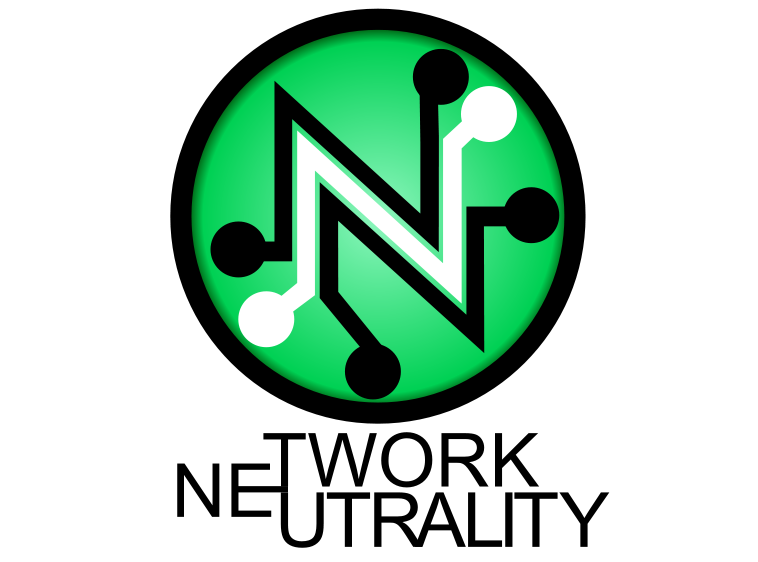

Two democratic Senators are to reopen a long-running technology battle with the US Republican party.
CNN reported that Senators Ed Markey and Ron Wyden in the coming weeks will introduce a bill aiming to restore net neutrality regulations for broadband providers in America.
It should be remembered that the US communications regulator (the FCC) under former President Barack Obama (a democrat), had already adopted net neutrality rules back in 2015.
Those laws were designed to stop service providers from blocking, slowing access to or charging more for certain content.
Prior to 2015 the FCC had enforced network neutrality on a case-by-case basis through four principles the agency approved in 2005.
But Republican Donald Trump was elected President in 2016, and with his appointment of former FCC chairman Ajit Pai, the Republican-dominated FCC in 2017 controversially voted to “roll back” Obama-era net neutrality rules for the United States.
The FCC’s decision in 2017 had been fiercely opposed by the US Senate, as well as technology firms and small businesses, and many US states at the time.
However the roll back was supported by some telecom providers.
So much so that California decided to press ahead and implement its own net neutrality law, much to the chagrin of the FCC.
The Californian net neutrality rule (SB 822) was designed to combat the FCC overturning those rules that prevented internet service providers from selectively blocking, slowing or speeding up apps and websites.
The Trump administration argued that the FCC, not the US states, held exclusive authority to set net neutrality rules, and in October 2018, the US Justice Department filed an injunction to stop Californian implementing its own net neutrality law.
The Biden administration however did not continue the DoJ litigation against California.
It should also be noted that the FCC currently has a 2-2 split of Republican and Democratic commissioners.
This means the FCC is currently sitting at a 2-2 partisan deadlock on the net neutrality matter.
The Biden administration faced a tough battle with Republicans to get Jessica Rosenworcel, a longtime Democratic commissioner at the FCC, confirmed as the FCC chair.
The Biden administration is also under pressure to appoint a fifth commissioner to “ensure a fully functional Federal Communications Commission” (the FCC normally has five commissioners).
The US Senate has yet to confirm Gigi Sohn, Biden’s nominee to fill the fifth and final seat on the commission, who could give Rosenworcel enough votes to proceed with restoring net neutrality laws in the US.
Meanwhile in February 2021 California won a legal victory when the US District Court for the Eastern District of California denied a preliminary injunction from telecom industry groups seeking to block California’s net neutrality legislation.
Then in April 2022 the US Appeals said it will not reconsider its decision to uphold California’s net neutrality law.
This means the telecom groups can only appeal the ruling to the US Supreme Court.
Now CNN reported that the draft bill from Senators Ed Markey and Ron Wyden would explicitly classify high-speed internet as a telecommunications service, according to two people familiar with the matter, enshrining into law the FCC’s authority to regulate internet service providers (ISPs) with tough rules similar to the ones it imposes on legacy telephone providers.
The Senate legislation will likely be introduced before Congress breaks for summer recess, while a similar bill in the House is being developed by Republican Doris Matsui, the people reportedly said.
The coming legislative push was first reported by The Washington Post.
Under clarified authority from the US Congress, the FCC would be officially empowered to prohibit ISPs from selectively blocking, slowing or speeding up apps and websites.
The same authority would also enable other types of regulations, such as privacy rules limiting ISPs’ use of customer service data for advertising or other ancillary purposes.
Two Chinese retailers warn customers in America that prices will increase next week, as Trump's…
Engineer Cristina Balan wins latest round in her long-running defamation claim against Elon Musk's EV…
Nvidia to partner with TSMC, Foxconn, Wistron, Amkor and SPIL to build $500 billion (£377…
American think tank warns about possible threat to US defence, after China imposes rare earth…
China is reportedly pursuing three alleged US NSA operatives, after cyberattacks on Chinese infrastructure
Chip making giant ASML mirrors other equipment makers, and outlines financial impact of Donald Trump's…